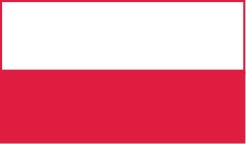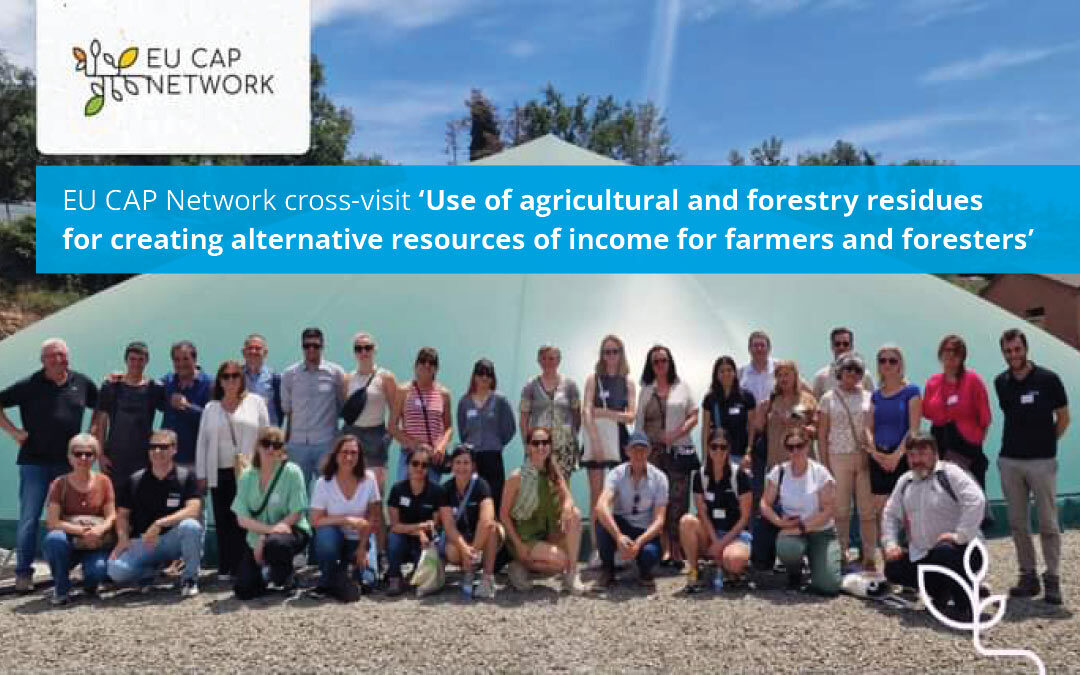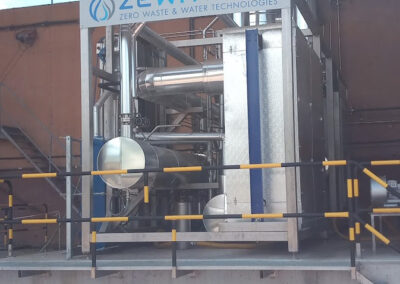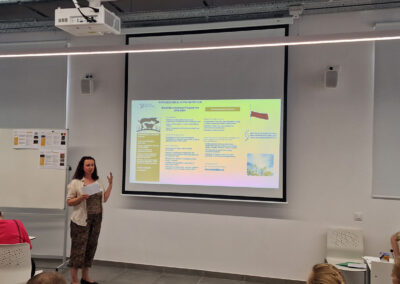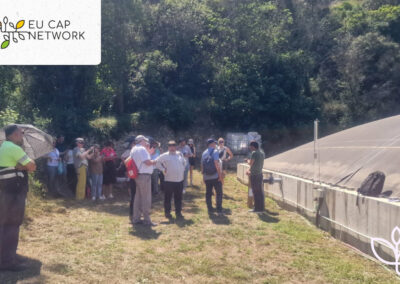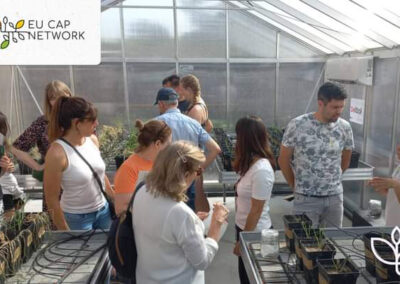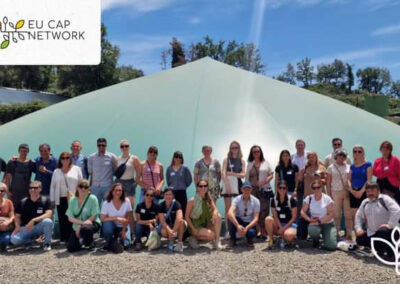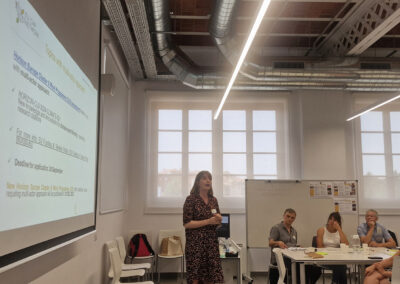EU CAP Network cross-visit ‘Use of agricultural and forestry residues for creating alternative resources of income for farmers and foresters’
At the beginning of summer, several field visits and networking workshops were held in Vic, Spain, organised by the EU CAP Network under the title ‘EU CAP Network cross-visit – Use of agricultural and forestry residues for creating alternative resources of income for farmers and foresters’.
The Institute was represented there by Ms. Agata Wierzbińska, our Coordinator for International Scientific Cooperation.
The 2-day event was largely devoted to workshops and discussions on the directions of agricultural development in the EU, cooperation within the entire chain of stakeholders in the agro sector, as well as challenges and opportunities for the future EU and national projects.
The participants represented such countries as: Spain, Portugal, Greece, Belgium, Poland, Bulgaria, Hungary and Sweden. Every representative presented their Operational Group national project which has been implemented at their entity. On the part of IBPRS-PIB, the “Innovative technology of the fermentation of rapeseed meal in pig nutrition” project was showcased.
As part of the event, 2 field visits were organized, which demonstrated the successfully implemented projects within the national Operational Groups in Catalonia.
The participants visited two biogas plants located in the town of Vic, which were developed as part of the projects promoting the circular bioeconomy in this region of Spain.
One of these biogas plants operates by using animal manure and other organic additives from the agri-food industry to improve the soil and productivity of Catalan wine farms. This biogas plant has a number of technological solutions that can produce granulated fertilizer, liquid fertilizer and clean water.
Participants were shown and demonstrated the operation of anaerobic digester – the processing of the digestate in order to obtain biofertilizer in the form of granules and biofertilizer in the form of a liquid concentrate was presented.
The main activity of another visited biogas plant is to optimise composting technology to sanitise and stabilise the solid fraction of pork manure, as well as its digestate, under hyperthermophilic conditions and obtain a biofertiliser with low content of veterinary drugs and resistance genes, which has good agronomic quality and is suitable for application in organic crops.
The two-day cross-field visits were also a great opportunity for networking and learning in more details about the activities and thematic scope of the Operational Groups from many EU countries. The hosting institution, BETA – Technological Centre in Biodiversity, Ecology and Environmental and Food Technology, also presented its laboratory base and modern infrastructure, as well as their national and international projects.
